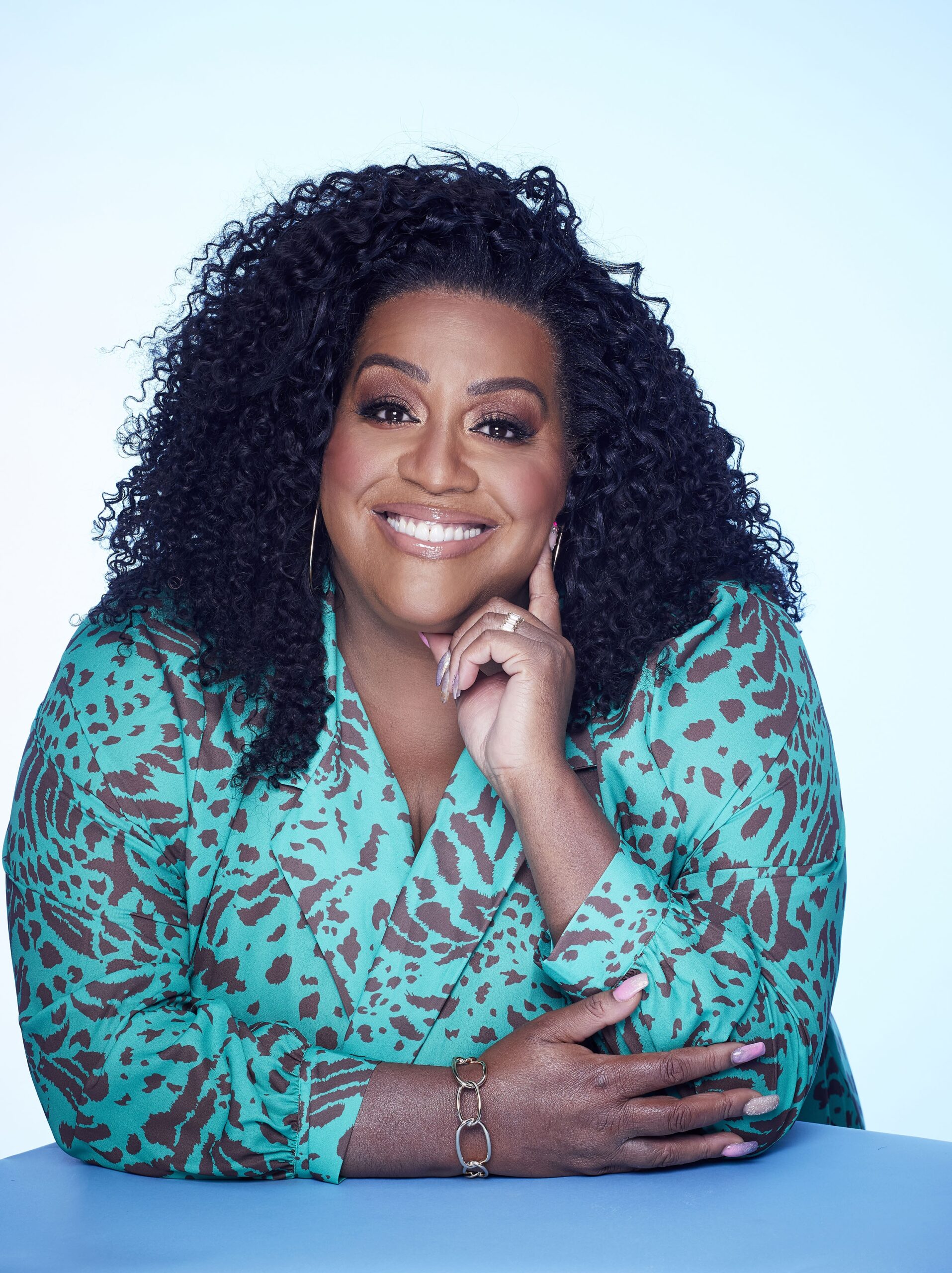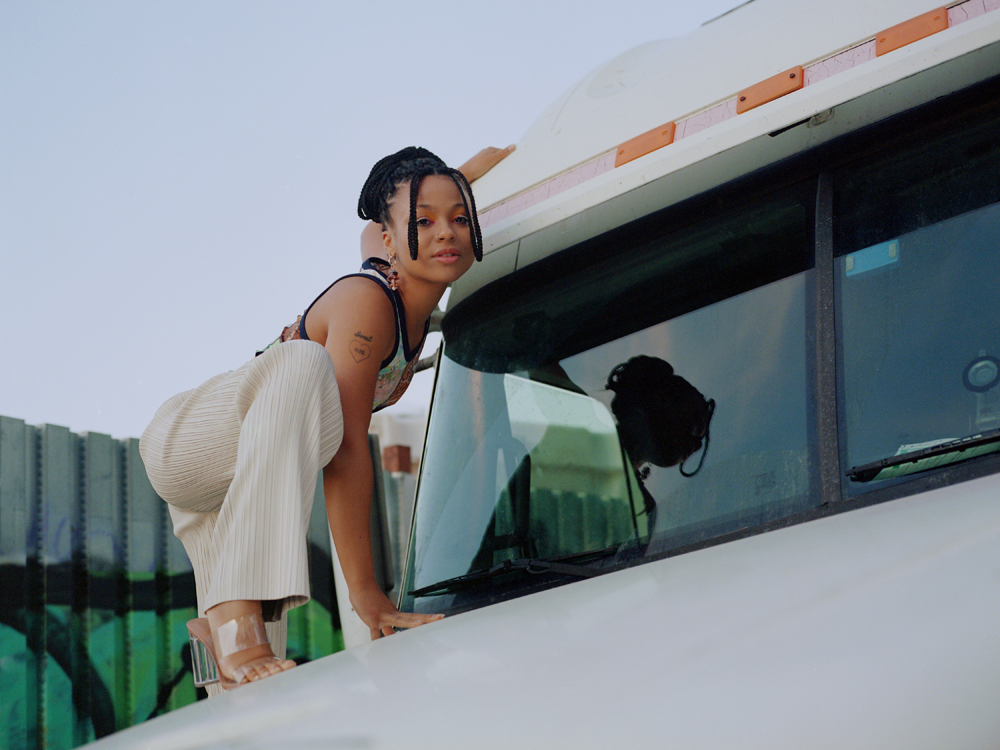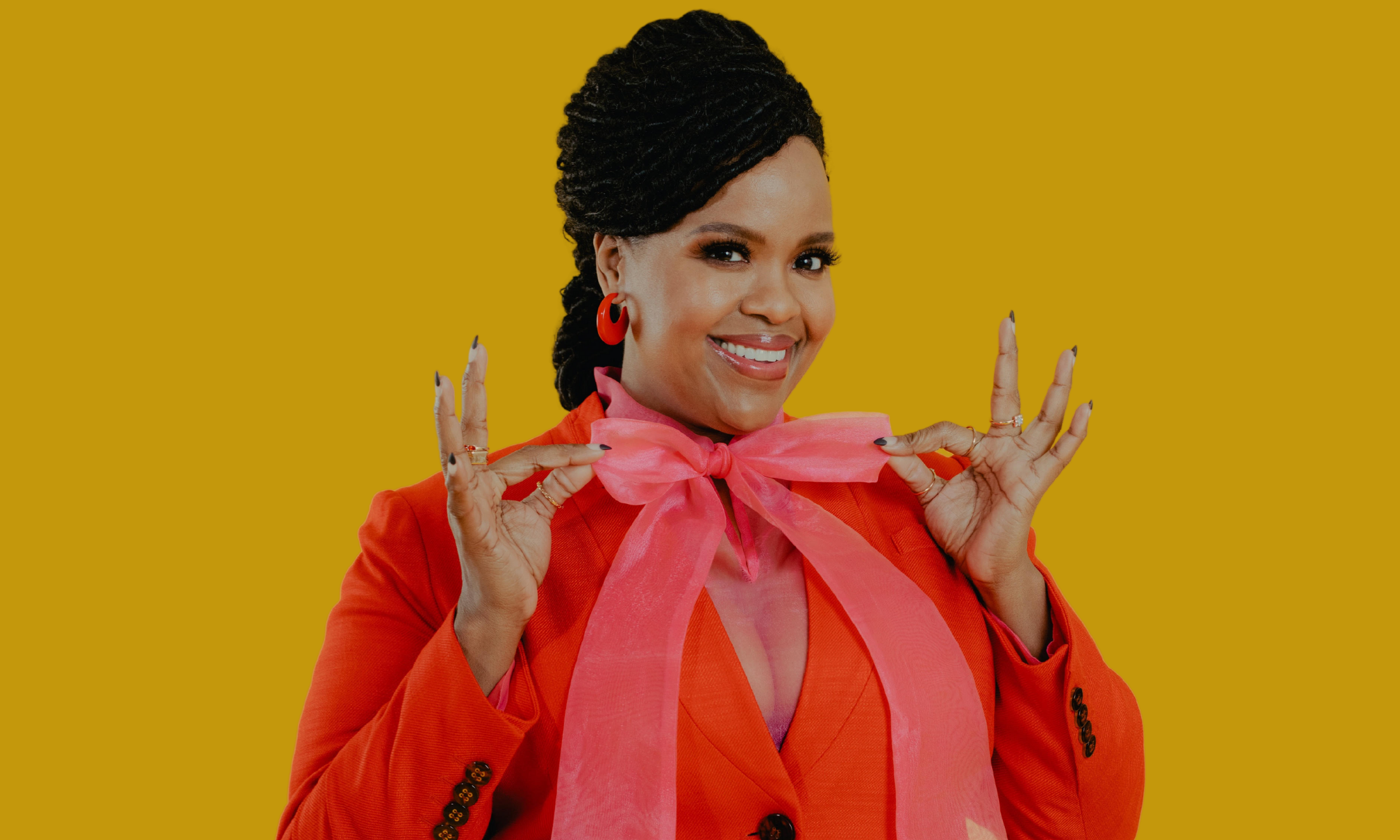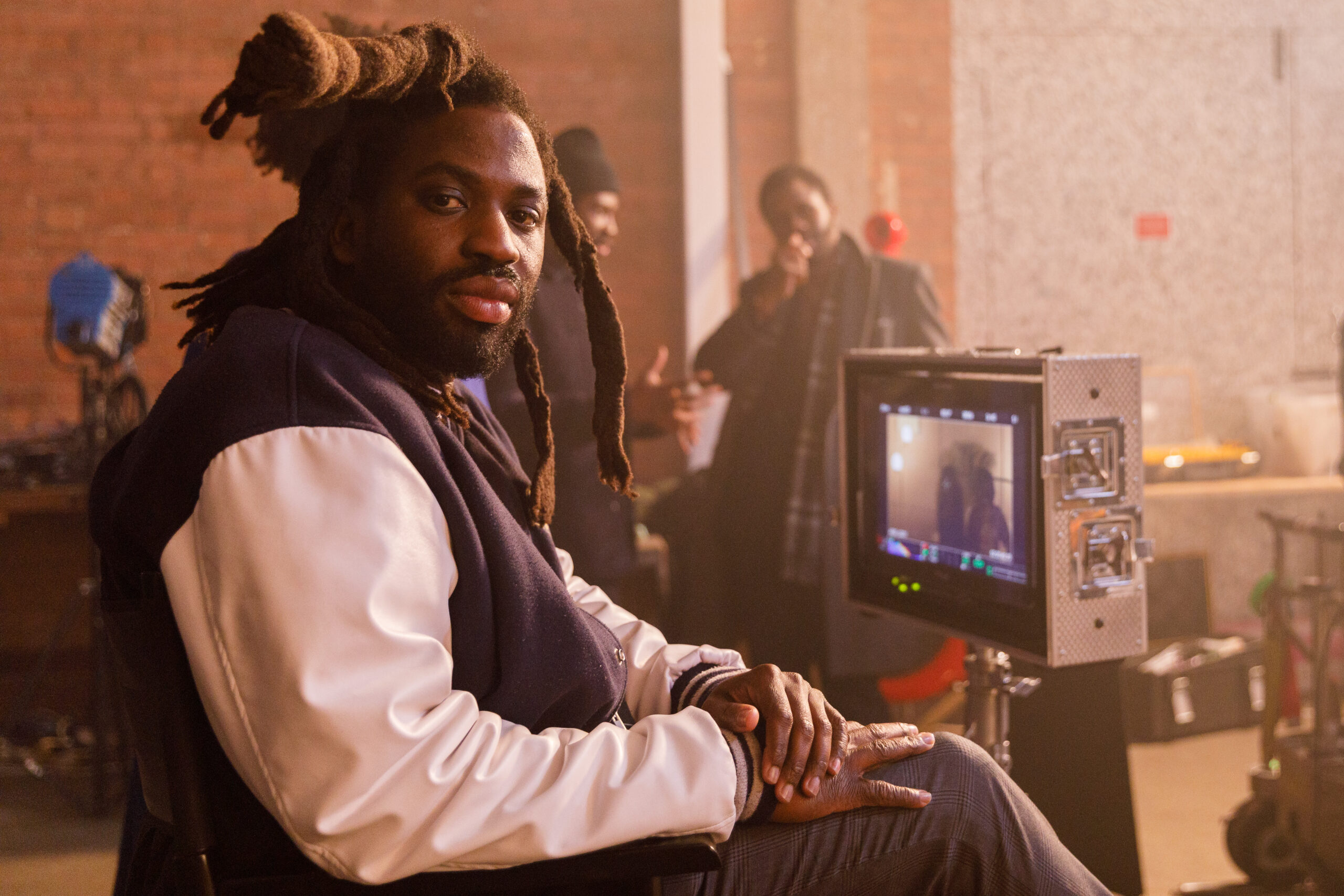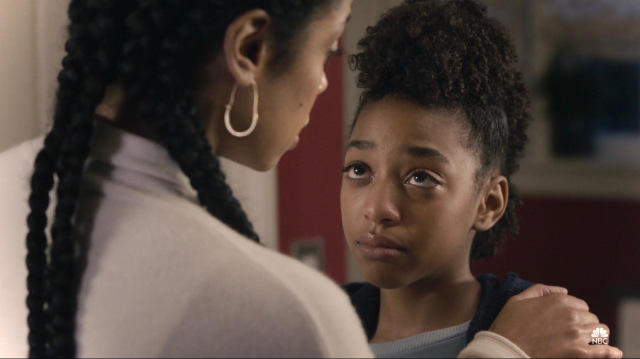
via NBC / This is Us
A love letter to the TV mothers who love their queer daughters
It's rare to see but there are some corners of television that show LGBTQI+ children in ethnic households who are loved and understood
Asyia Iftikhar
14 Mar 2021
“I love a girl.” When Nas spoke these four words to Kaneez, her mother, through tears and desperation in Channel 4’s Ackley Bridge, it confronted the complex relationship between queer identity, cultural and racial barriers and motherhood. The moment struck me. A frightened Muslim daughter whispering a confession to her mother and processing her shame as her mother reels back in horror. But then, for Kaneez, there was a lightbulb moment and she stopped and gave her daughter a chance. It was all at once a rare, hopeful and vital depiction.
As we celebrate Mother’s Day in the UK, we’re reminded of how complex and enormous a mother’s love or acceptance can be, especially to QTPOC. That’s why it’s interesting to see a new crop of TV shows which try to explore the nuances of being a mother to a queer daughter, that show QTPOC children who are not ousted from the traditional family setting.
As fictional mothers, Penelope Alvarez in One Day At A Time (ODAAT), Beth Pearson in This Is Us and Kaneez Paracha who stars in Ackley Bridge have all navigated plotlines around their struggles as parents, but more importantly as people in their own right. For Kaneez, the discrimination she faced as a Muslim woman ran in tandem with her supporting her family as a single mother; for Penelope, living in a multi-generational household and navigating the beliefs of her mother and her children, while trying to keep in touch with their heritage spoke to diaspora communities; and for Beth, teaching and shielding her daughters from the harsh realities of racism has shone a light on the internal struggle black mothers go through every day.
Despite coming from different communities and circumstances, and facing these unique pressures, one plot that runs parallel for them all is their (eventual) unconditional love for their queer daughters. All three daughters encounter powerful coming out moments with their mothers. Many POC communities’ traditions and attitudes to LGBTQIA+ rights are marred by time and colonialism. According to Stonewall a third of lesbian, gay and bi people of faith aren’t open with anyone in their faith community about their sexual orientation. In unpicking the layers of history and oppression, these mothers show a way to reconcile community pressure and tradition with accepting your child for who they are.
“In unpicking the layers of history and oppression, these mothers show a way to reconcile community pressure and tradition with accepting your child for who they are”
The creative industry has a difficult track record when it comes to representing LGBTQIA+ people of colour. With little input from the communities they are writing about, from Pose to Elite our stories regularly centre around rejection and anger from family and friends. While it is important to explore these narratives, not every young LGBTQIA+ storyline has to be laced with parental trauma. For those who may not be out to their parents, seeing parents accept their children, even in a fictional land, not only brings comfort and hope but properly reflects the diverse nature of POC communities. It may also be positive for POC parents to see a reaction to a queer child that isn’t automatic shame and rejection.
Beth is no stranger to bigotry. A mother’s fear for their daughter to be safe is poignantly explored following Tess’ coming out in season three. This is Us emphasises her isolation in supporting her daughter, surrounded by white in-laws and a husband who is processing his own troubles. But Beth’s unwavering acceptance of Tess is the salve many LGBTQIA+ people need and, like many others, I know many of us gave our hearts to Beth following the love she showed to Tess.
In season two of ODAAT, Penelope tries to remove the burden of acceptance and education from her daughter Elena by seeking advice from friends. Perhaps the most impactful aspect of Penelope’s story were her attempts at trying to reconcile her relationship with her own mother Lydia (and her potential rejection of her newly-out grandchild), with her love for her daughter. Her conflict symbolises the merging of old and new many immigrant mothers go through – in her case within the Latinx community. Eventually, Lydia too makes peace with Elena’s sexuality and strives to see her happy. It was in the grandmother’s acceptance of Elena that the show struck me the most. Those we love can surprise us when it’s most important, and we should put faith in those moments.
ODAAT, Ackley Bridge and This Is Us give space to these mothers to come to terms with this new reality and understand how they can support their daughters. Penelope, Beth and Kaneez are not role models for being perfect but being human.
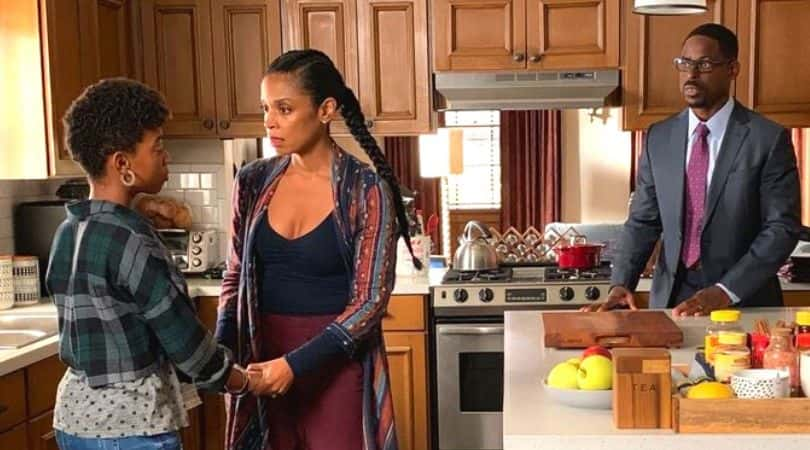
They’re not all completely rosy journeys but the narrative arc is a blueprint for how to make progress. Community support is a huge aspect of Pakistani culture and so when Ackley Bridge’s Kaneez tries to find other women in a similar situation to Nas it makes sense. She meets a lesbian woman married to a man and makes effort to understand her; eventually attempting to set her daughter up in her own ‘sham’ marriage with a gay man. She is trying to fix the situation in the only way she knows how, while still keeping her daughter Nas as part of her life. Kaneez’s reaction is a realistic depiction of a mother struggling to come to terms with her daughter’s sexuality, and we see how POC parents can proactively educate themselves to be a support for their queer children. It’s a struggle many other parents could relate to and learn from. We see her journey as she eventually puts Nas’ happiness before community acceptance.
Despite walking their own curved and rocky paths, all three mothers find themselves arriving at the same point. With their arms wide open for their daughters to fall into – as they should be.
Since these TV shows are family-oriented, this nuanced relationship between motherhood and queer identity is invaluable. Now more than ever, the divide between young people and our parent’s generation has never been clearer. Whether through technology, activism, identity or aspiration, the experiences from one generation to the next are starkly different. Indulging in plots where parents learn from their children encourages conversation within families to see how we can grow from one another. From this, we can hopefully build a world where POC mothers can have strong relationships with, and a deeper understanding of, their queer children.

